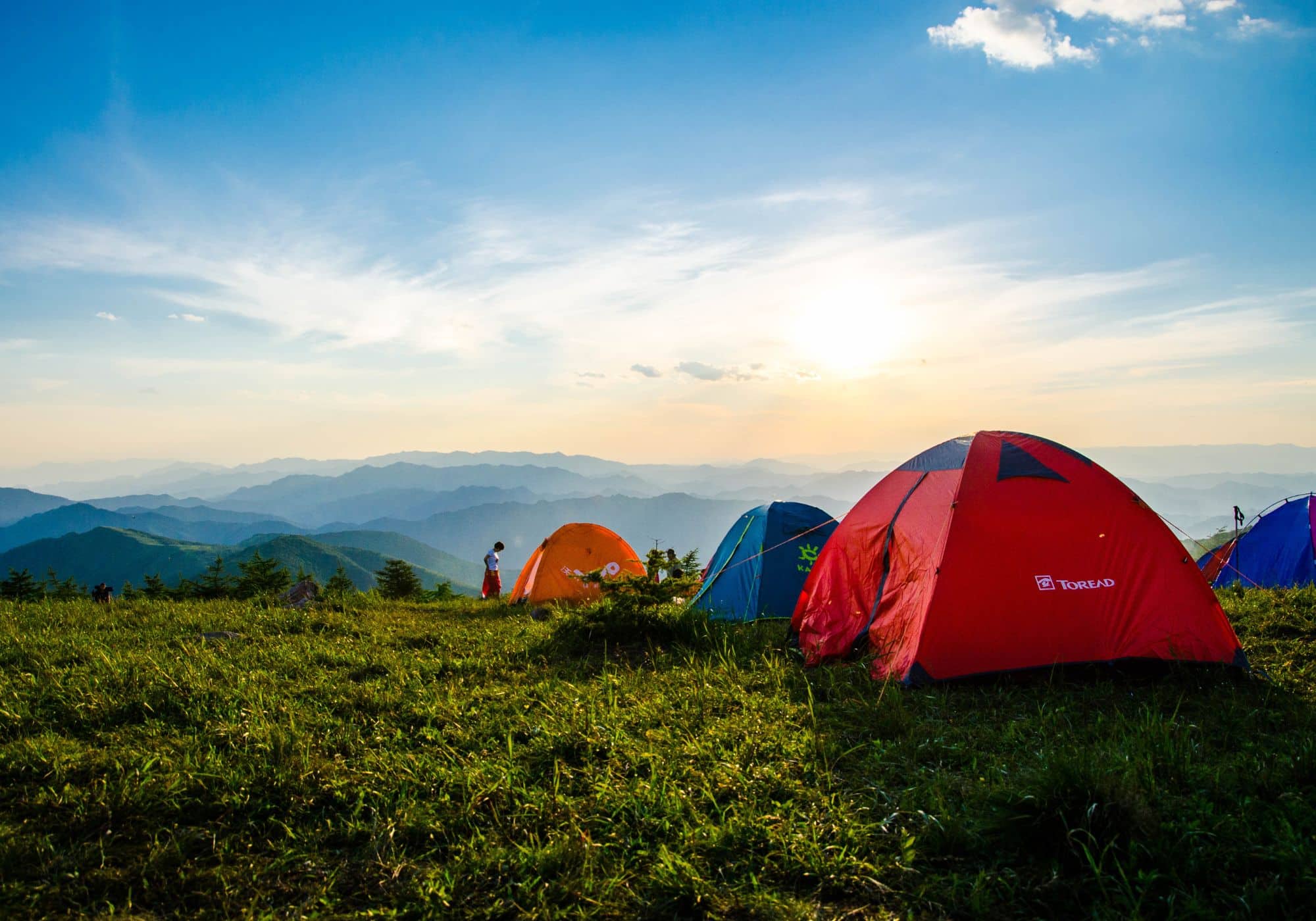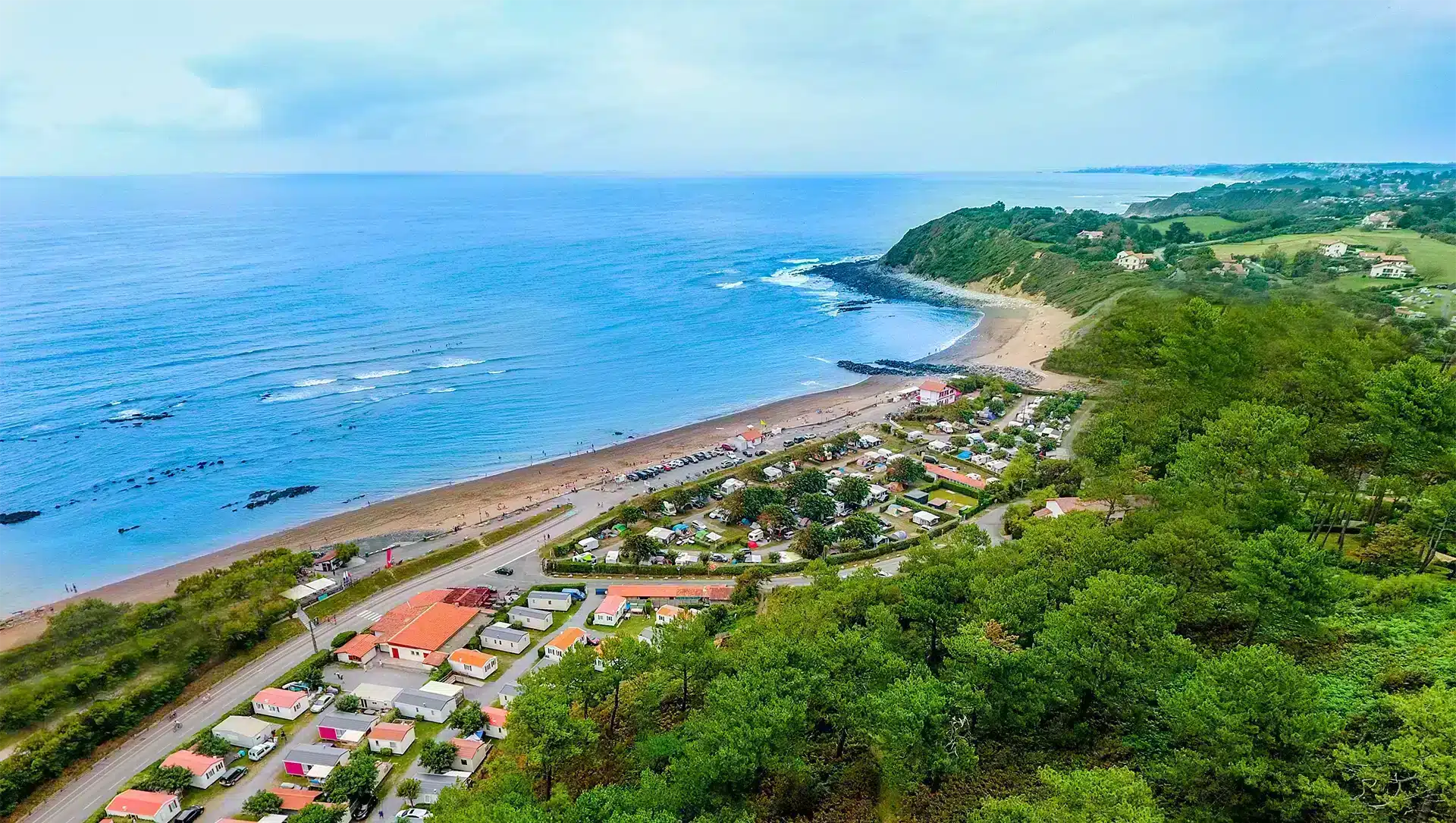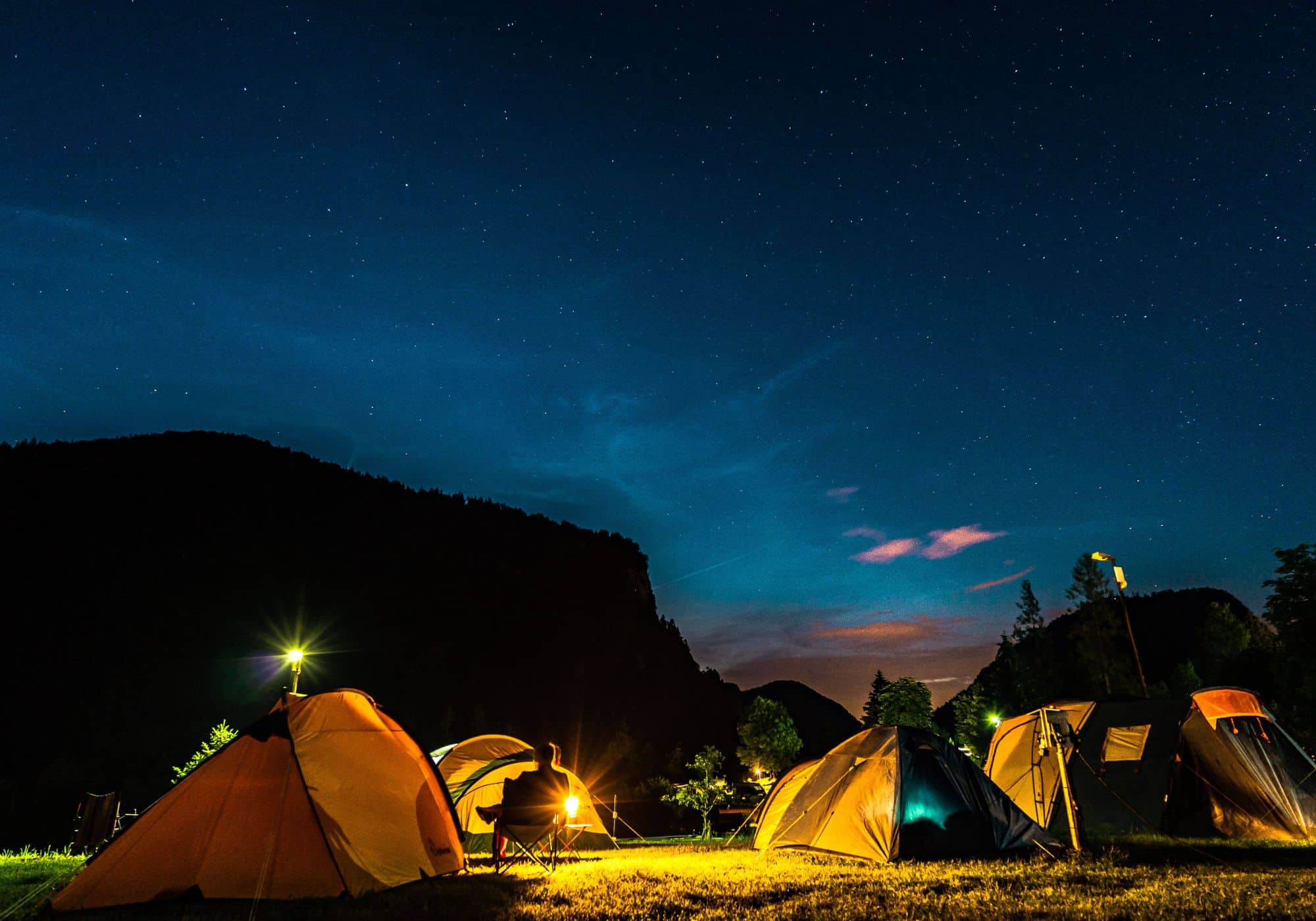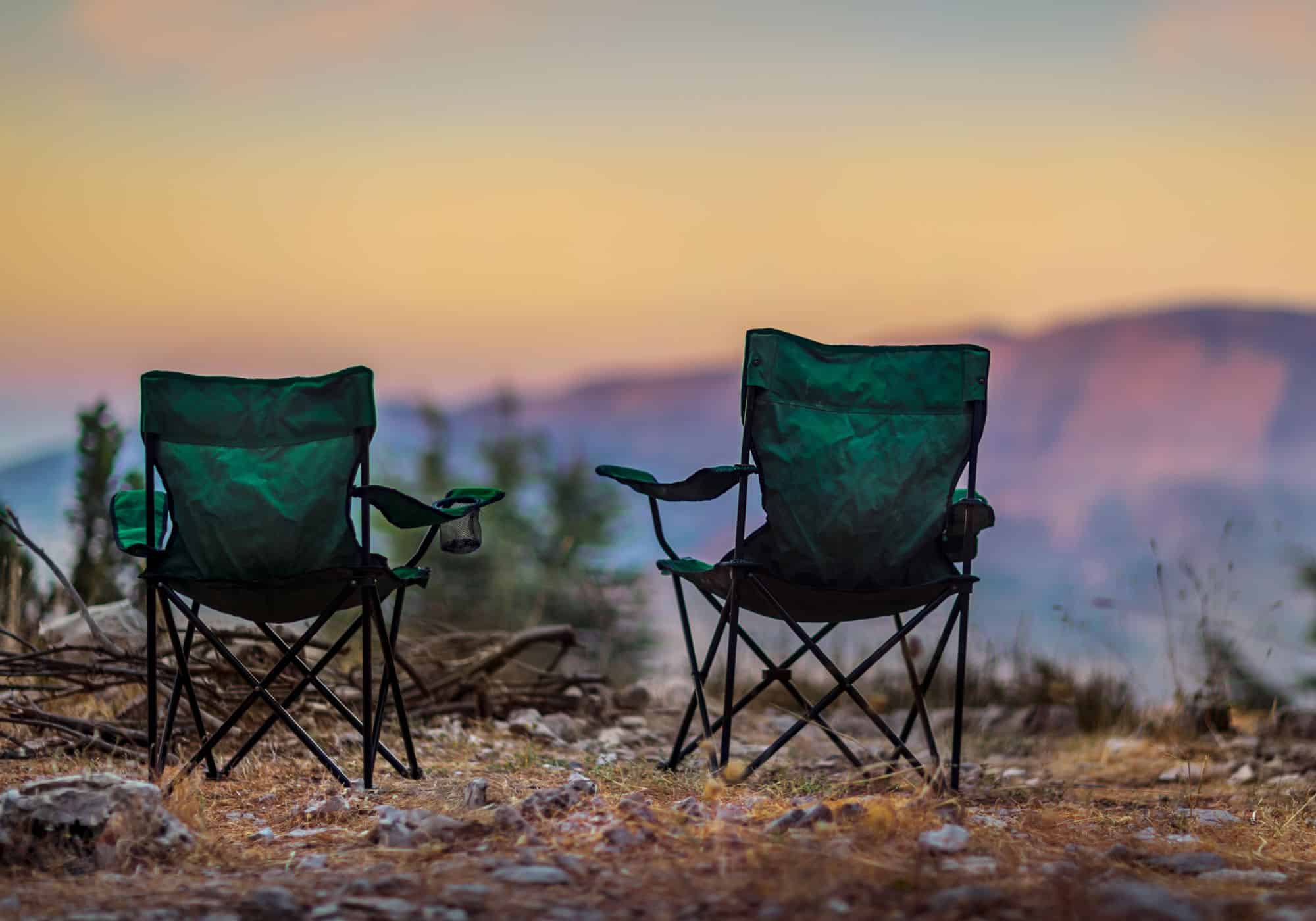Camping sauvage Pays Basque, what does the law say?
Camping sauvage, an alternative to reserving a pitch at a campsite in the Basque Country.
Camping sauvage, not to be confused with bivouac camping, is a practice that can attract different types of travelers or vacationers in the first place, as it seems to offer the possibility of setting up camp just about anywhere without necessarily worrying about the laws in force or the potential dangers that may arise from this way of setting up camp in a given location. However, in France, and particularly in the Basque Country, wild camping can quickly become a source of problems, and the consequences can quickly be more serious than you might at first think.
Camping sauvage or Bivouac?
Backcountry camping in France Basque Country is hardly mentioned at all in French law. But the fact that it’s hardly mentioned anywhere doesn’t mean that you can set up your own rules and settle wherever and whenever you like. Certain places are obviously strictly forbidden, and it’s also important to bear in mind that municipalities themselves may have their own laws.
First of all, let’s look at the differences between wilderness camping and bivouac camping. They’re not always easy to distinguish, yet there are quite a few.
Bivouacs are very popular with hikers, mountain bikers and other mountaineers, and are used when they have no choice but to sleep where they are, because they are too far from official accommodation. In bivouacs, you sleep outside, in the middle of nature, in places where nature generally still has all its rights.
Wild camping, on the other hand, often starts with a more or less lengthy drive in a motor vehicle, and consists of setting up in places closer to towns and villages, then staying in the same place.

8 golden rules for wilderness camping
However, there are a number of rules in common concerning bivouacs and wild camping, and here are some tips and rules to adopt and respect if you want to be in the right in the eyes of the law. So, when you’re wild camping in France, and therefore in the Basque Country, you owe it to yourself to follow these tips to ensure you have the best possible night’s sleep.
When it’s time to leave, don’t forget to remove all traces of your visit. And, if possible, leave the place even cleaner than when you found it.
- First and foremost, you need to be respectful of your surroundings and not disturb the flora and fauna that live there.
- You don’t want to spread yourself too thin, and keep the size of your set-up – and therefore your camp – to a minimum. It is therefore advisable, if not compulsory, to use tents that are as light as possible and therefore take up as little space as possible.
- When you go to bed and for as long as you sleep, you must never leave anything outside. Whether it’s chairs, garbage cans or anything else.
- When you’re camping in the wild, you must avoid at all costs making your site look like a squat. Passers-by and the authorities could very quickly misinterpret your approach.
- As far as arrival and departure times are concerned, we strongly advise you to arrive as late as possible and leave as early as possible. What’s more, it’s essential to stay only one night on the same pitch. This way you avoid imposing yourself too much, which is very important.
- It’s important to choose the right place to set up your home, and to opt for discreet nooks and crannies rather than open areas such as beaches or large expanses of grass.
- If you find yourself camping on a field, plot of land or any other private plot, be sure to ask permission from the potential owners.









